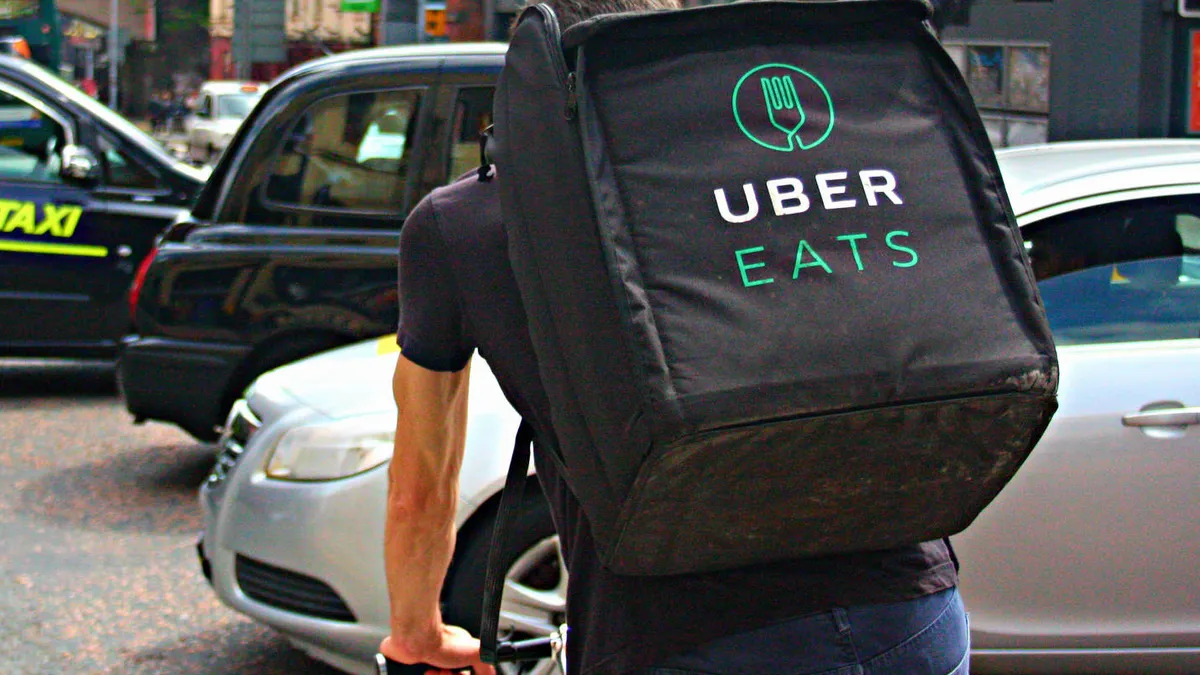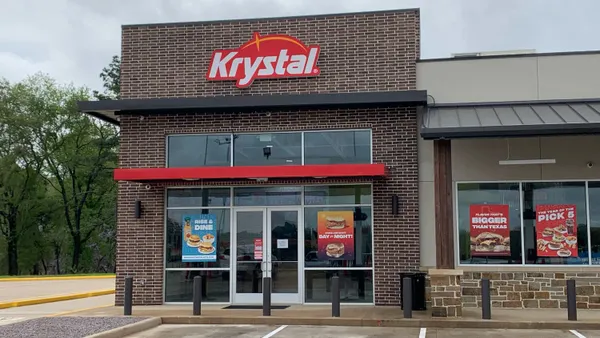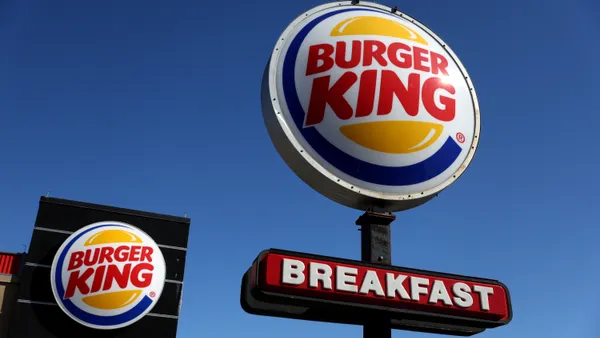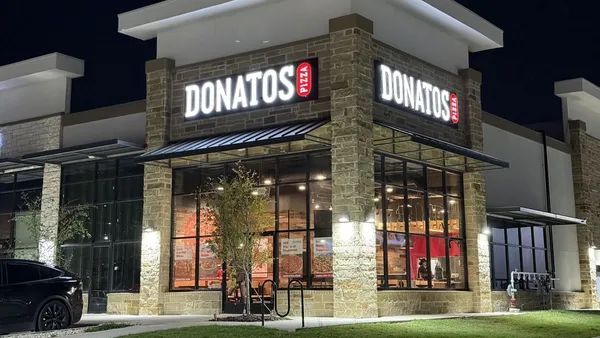Dive Brief:
- Stephane Ficaja, head of Uber Eats' U.S. and Canada divisions, is departing the delivery platform after just six months, Uber confirmed in an email. Sarfraz Maredia, current leader of Uber's rides division in the U.S. and Canada, will now take on the position. Maredia has worked at Uber since 2014, according to Maredia's LinkedIn profile.
- "As we look to the future — and as our delivery products continue to expand beyond prepared food with expansion into new verticals and other acquisitions — we're thrilled to have Sarfraz, a tested leader with a strong track record in the U.S. market, step up into this important role," an Uber spokesperson wrote in an email.
- Maredia takes the helm of Uber Eats U.S. in the wake of two robust acquisitions, Postmates and Drizly, which have grown the aggregator's footprint in the food delivery space and given it access to the burgeoning off-premise alcohol market. These deals reflect a shift in the success of Uber's rides and delivery divisions.
Dive Insight:
When Ficaja assumed his role late last summer, Uber Eats had just become Uber's most lucrative business thanks to depressed rides bookings and the meteoric rise of its delivery sales, both caused by pandemic disruption.
"We've essentially built a second Uber," CEO Dara Khosrowshahi said of Eats on a call with investors during the company's Q2 2020 earnings.
For 2020, Uber Eats revenue increased by $2.5 billion to $3.9 billion while Uber's ride-sharing revenue declined by $4.6 billion, according to an SEC filing. During Q4 2020, Uber's delivery business posted an adjusted EBITDA loss of $145 million for Q4 2020. Still, this is an improvement from its Q3 2020 performance, which included a $183 million loss. The company is confident that delivery will become profitable in 2021, Khosrowshashi said during the company's Q4 earnings call.
As the pandemic stretches on in 2021, Uber Eats will likely continue to see strong revenue growth and be buoyed by the addition of Postmates' business. The company expects Postmates to contribute roughly $350 million to $400 million to Uber's delivery gross bookings. It's unclear, however, how much of the integration between Uber Eats' and Postmates' U.S. operations Maredia will be responsible for. Uber will continue to run its Eats app and the Postmates app separately, the company said last summer.
Uber isn't just adding more delivery assets to its portfolio in a bid for growth, but it is also subtracting some. Earlier this week, the platform spun off Postmates' robotics division into an independent company called Serve Robotics, which uses autonomous robots to complete food deliveries.
Uber will serve as a minority shareholder in the new firm, and Serve's robots will continue to service Postmates deliveries. Shedding this company while maintaining a stake may be a savvy way to offset costs but position Uber to reap possible future successes from Serve if it becomes a strong growth brand.














